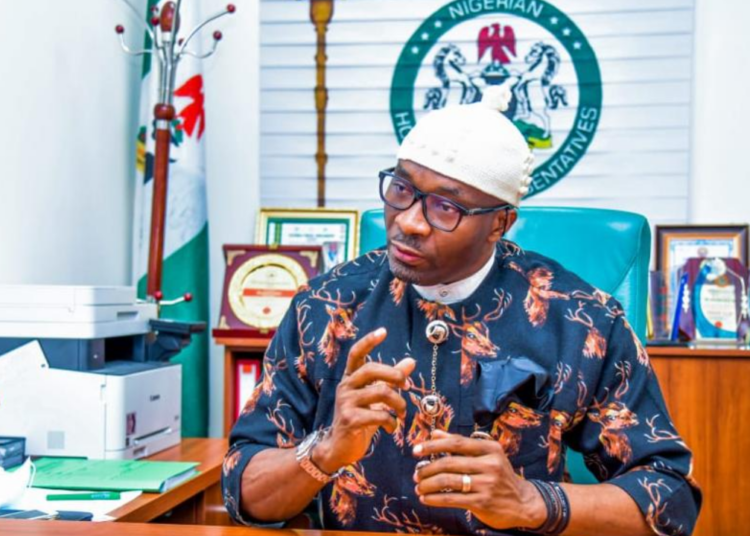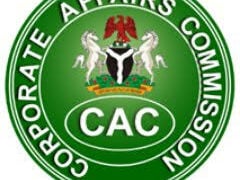Deputy Speaker of the House of Representatives, Hon Benjamin Kalu, has lamented the underrepresentation of women, youth, and other demographics in parliamentary decisions.
Kalu made his feelings known on Monday at the unveiling of the Parliamentary Development Programme of the House to donor agencies and other development partners, citing the challenges in parliamentary functioning and reforms in Abuja.
The development partners and donor agencies included the United Nations Development Programme (UNDP), the United States Agency for International Development ( USAID), the African Development Bank (AfDB), and the Policy and Legal Advocacy Center (PLAC), amongst others.
Kalu, in a statement by his Chief Press Secretary, Levinus Nwabughiogu, said despite their importance, parliaments in many countries, including Nigeria, face challenges in fulfilling their mandates.
“Common issues include limited capacities for oversight, lack of inclusivity, and disconnects between laws and national development plans. Marginalised groups, such as women, youth, and the poor, are often under-represented in parliamentary decisions,” he noted.
Kalu also called for synergy amongst the critical government agencies to foster transparency, urging UNDP to build capacities for budget oversight, particularly with a focus on gender-responsive budgeting and public finance management.
“In Nigeria, improving parliamentary effectiveness involves reforms to make the House of Representatives more representative, transparent, and accountable. This is especially relevant for Nigeria as it tackles critical national development challenges such as multidimensional poverty, which currently affects 133 million Nigerians, according to the National Bureau of Statistics (NBS).
“The UNDP has worked with parliaments worldwide, including in Portuguese-speaking African countries (PALOP-TL), to build capacities for budget oversight, particularly with a focus on gender-responsive budgeting and public finance management (PFM).
“This “whole-of-society” approach integrates government ministries, independent oversight bodies, civil society, and the media to foster greater transparency and accountability.
“In Nigeria, the House of Representatives can learn from these initiatives, particularly in gender-sensitive budget oversight. The experience in PALOP-TL countries shows that systematic engagement with all public finance actors results in more inclusive governance and policies that address gender inequality.
“These models could help Nigeria address issues such as gender-based disparities in access to education, employment, and political participation.”
Emphasising the need to build local ownership for sustainable parliamentary development, Kalu said that the members of parliament needed to be empowered to develop institutional priorities.
He said: “For parliamentary development to be sustainable in Nigeria, local ownership is essential. This means empowering MPs, mainly through multi-party parliamentary reform committees, to set institutional priorities and address governance challenges.
“Nigeria’s House of Representatives can also benefit from regional and international benchmarks and standards, helping ensure the reforms align with global best practices.
“Additionally, fostering partnerships with the executive branch, civil society, and independent oversight bodies can enhance governance accountability and transparency, ultimately benefiting Nigerian citizens.”










